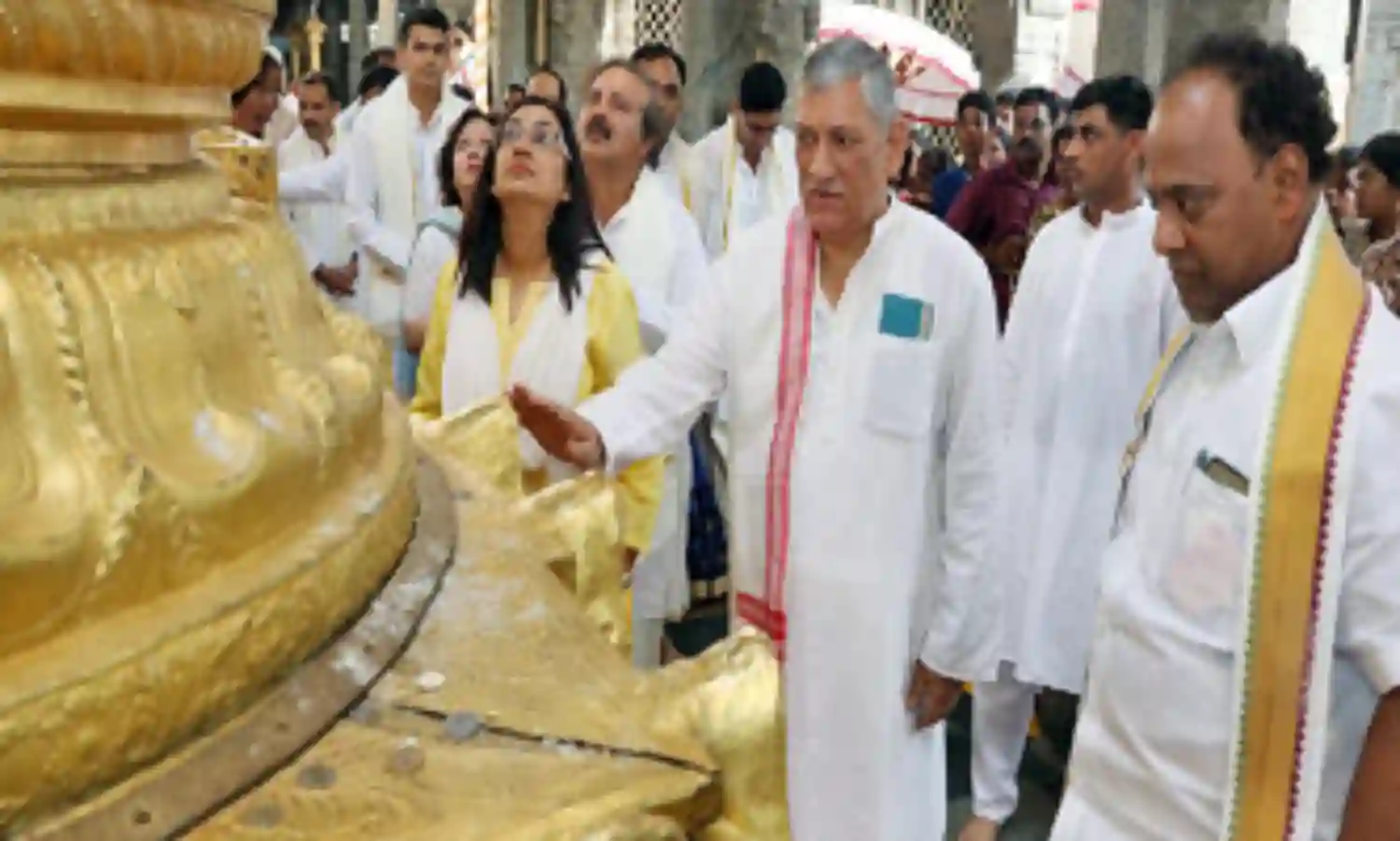When Babus Feed Themselves at the Expense of the Indian Army
When Babus Feed Themselves at the Expense of the Indian Army

During the Second World War, Admiral Cunningham, rejecting his staff’s recommendation to abandon, the British ground forces in Crete, in order to save Royal Nay’s ships, from German submarines told them that it takes three hundred years to build a tradition but only three years to build a ship. The Royal Navy, has the tradition of not abandoning the army, so we will evacuate the army regardless of the possibility of loosing ships.
Equally it takes a long time to build great institutions. Indian Army was one such institution, created over a long period of time: painstakingly and with countless sacrifices. That is what Indian Army was at the time of independence, in 1947, where a mere hundred and fifty men from this army were sent to the valley, in a desperate attempt to save it. These men blocked the path of the Pakistan Army and tribal hordes from reaching the Srinagar airfield and thus saved the Valley.
Nehru’s pathological dislike for the army gave the bureaucracy the chance it longed for to demolish this great institution. The army had been so demoralized that it took the Chinese little effort to put to flight: this world-renowned army.
It all started sometimes during the mid fifties and has carried on till this day. To kill an Army, all you need do is to strike down its pride. Now defence services, even if one overlooked the travails of service, were given higher pay and pension due to their early retirement and extremely limited promotions.
Just, as one example, the pension of superior scale officers in the civil ( Accountant General, secretaries to the government of India etc ) after 25 years service was fixed at Rs 1111/ while that of a Major-General was fixed at Rs 1227/ Military men drew 70% of their pay as pension while those in the civil 30 percent of last pay drawn.
Both systematically and in a sustained manner, this was reversed, without there being any change in related parameters, which in the first place had led to earlier fixations of pay and pensions. The political executive’s silence was bought by keeping it in awe of a possible military take over.
This new dispensation, with no viable alternatives led to a situation where less and less suitable material opted for service with the military and shortages in the officer cadre kept mounting. Therefore, a bureaucratic, solution had to be found.
A bureaucrat, though with enough experience of working with the Ministry of Defence (MoD0, was appointed ( known as AV Committee ) to rework the promotion prospects in the military. He lacked knowledge of the long established systems of ranks, their place in the scheme of things, relation of rank to command structures and the nature of job at hand etc,. So he went about simply increasing vacancies in the higher ranks without any relation to command structures. Though this increase was minimal, it had its own adverse side effects.
This merely led to further devaluation and degradation of the ranks and made functioning at unit level, the cutting edge of any military, somewhat dysfunctional. It further lowered status attached to ranks and consequently pride. Then bureaucracy gave itself and other all India services ( more than four dozen in number ) the largesse of what is called Non-Functional Financial Up-gradation ( NFFU )
Simply stated it assured every one promotion upto additional secretary level, regardless of requirement of performance and availability of posts. Military was deliberately excluded from this bonanza on the plea that these soldiers have no such aspirations. This has led to further lowering of status of military officers and disturbed workings in areas where civilian, formed part of military organisations, i.e MES, border Roads, Services HQs, etc. Military is presumably, only required to do and die!
It may not be possible to turn the clock back to the nineteen fifties, but this enhancement of vacancies, brought in by the AV Committee, in higher ranks in the military, be done away with and defence services granted NFFU from the time of Sixth Pay Commission, in line with what has been given to over 4 dozen civil services, as well as One Rank One Pension (OROP).
This case of grant of NFFU to the military is presently before the Supreme Court, where it is being vehemently opposed by the MoD. We await, the moment when this government will undo a grave wrong done to once a great institution.



